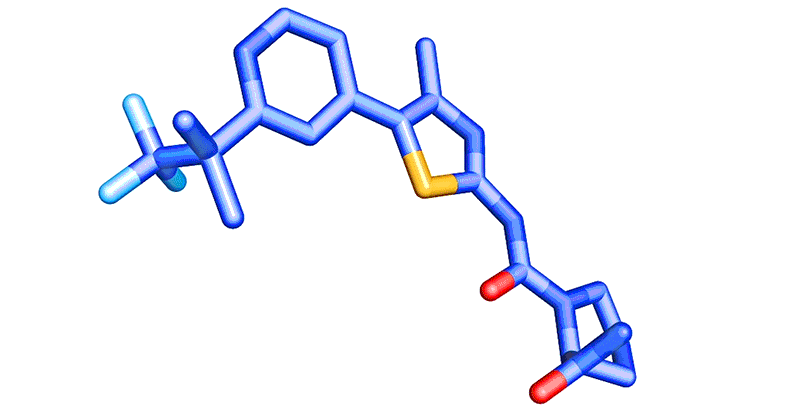About a decade ago, after years of effort, researchers at Novartis had an experimental compound they thought might benefit cancer patients. They had a strong hunch, based on their research so far, that the cancer patients most likely to benefit had cancer with a mutation in a gene called PIK3CA, so they designed a clinical trial to test the drug in exactly those patients.
Back then, most cancer centers weren’t equipped to sequence the genes of their patients’ tumors and identify mutations. “This was very fancy at that time,” says Cornelia Quadt, a clinical program leader in oncology at the Novartis Institutes for BioMedical Research (NIBR) who worked on the trial.
For decades, doctors had focused on the location of tumors in the body rather than the specific mutations spurring their growth. Oncologists were accustomed to treating tumors with radiation and chemotherapy. They often weren’t prepared to identify patients who might benefit from a more targeted approach.
The Novartis team moved forward with their trial despite the challenge. Now after another ten years of research and development, the compound is approved for certain breast cancer patients with a PIK3CA mutation.
“This could be progress toward a more personalized approach in breast cancer,” says Christine Fritsch, director of drug discovery biology at NIBR and a key member of the drug discovery team alongside scientist Michel Maira.






